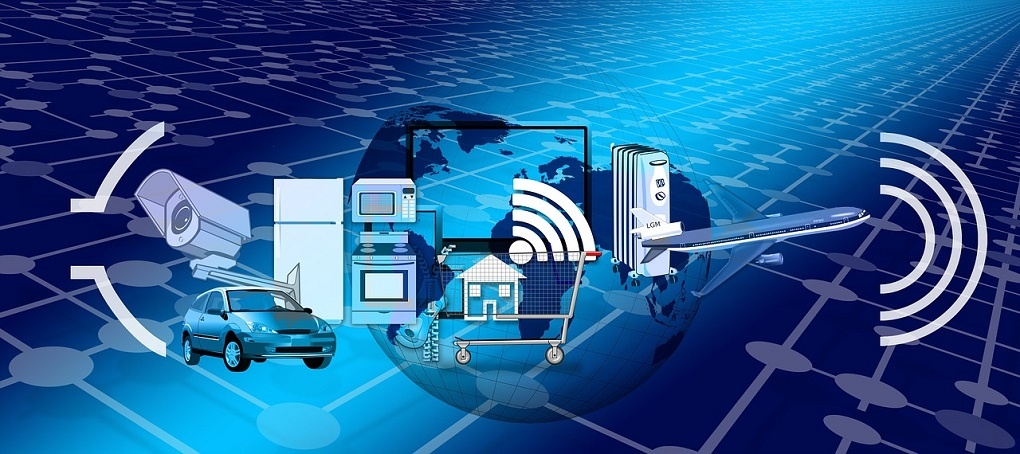IoT, Artificial Intelligence and Robotics Named Top Technologies in 2018

2018 is the year that IoT, as well as artificial intelligence and robotics, will drive digital innovation and completely transform business models, found a Forbes Insights survey of over 500 senior executives from different countries.
Innovation so far has focused mainly on the consumer sector, including electronics or household devices, with manufacturers racing to release multiple connected gadgets, generally with weak security protocols. More than 90 percent of executives, though, say the technology can be widely applied to help businesses reach the next level of efficiency through automation.
Innovation in industrial equipment and manufacturing processes has been a great start that could in the future save companies billions per year. For example, IoT integration and predictive analysis can help enterprises optimize productivity in real time, before failure happens.
“Executives rank the Internet of Things as their top technology priority,” said Bruce Rogers, Chief Insights Officer at Forbes Media. “It’s becoming a competitive differentiator that will affect almost every industry.”
Gartner has predicted that some 6 percent of the 21 billion IoT devices expected to be in use by the end of 2020 will be for industrial IoT applications. IHS forecasts global growth will reach 30.7 billion devices within the same time frame.
Although businesses show growing interest in integrating IoT to improve their activity and competitiveness, most are unsure how exactly approach it, the study says. Even though the internet of things could bring major innovation, companies don’t know how to actually start with integration and pilot programs, especially in light of an expected increase in cyber attacks targeting IoT devices. Not knowing where to start is not the only roadblock, according to respondents, who named security a top concern (32%), as well as return on investment figures to support implementation (32%) and a lack of skilled workers (29%).
IoT sensors and platforms will play an essential part in key business sectors such as healthcare and smart city infrastructures. This will offer countless opportunities not only to improve consumers’ lives, but to automate processes and collect valuable data to improve traffic control, water and waste management, weather assessment, agriculture practices and introduce smart parking, micro grids and smart lighting as well.
"Interest in and focus on smart cities has skyrocketed in 2017, with a very large number of vendors from across the value chain repositioning and optimizing their IoT portfolios to take advantage of this beckoning opportunity," says Dominique Bonte, vice president at ABI Research.
Businesses see alluring profit opportunities offered by connected devices, but they’re still struggling to envision how this emerging technology can be integrated in the network access policy to address aggressive attacks on IoT devices, research has demonstrated. IoT integration into business processes is not yet tangible enough for many companies struggling with the cost-benefit ratio.
Security researchers hope the growth in popularity of IoT will also bring increased security measures to address specific challenges. Security could be critical in the digital transformation that will ensure companies’ growth in years to come, especially in industrial sectors. Hackers will keep targeting connected devices because they have been widely adopted, despite their multiple security vulnerabilities that could turn them into back doors.
tags
Author

From a young age, Luana knew she wanted to become a writer. After having addressed topics such as NFC, startups, and tech innovation, she has now shifted focus to internet security, with a keen interest in smart homes and IoT threats. Luana is a supporter of women in tech and has a passion for entrepreneurship, technology, and startup culture.
View all postsRight now Top posts
FOLLOW US ON SOCIAL MEDIA
SUBSCRIBE TO OUR NEWSLETTER
Don’t miss out on exclusive content and exciting announcements!
You might also like
Bookmarks











